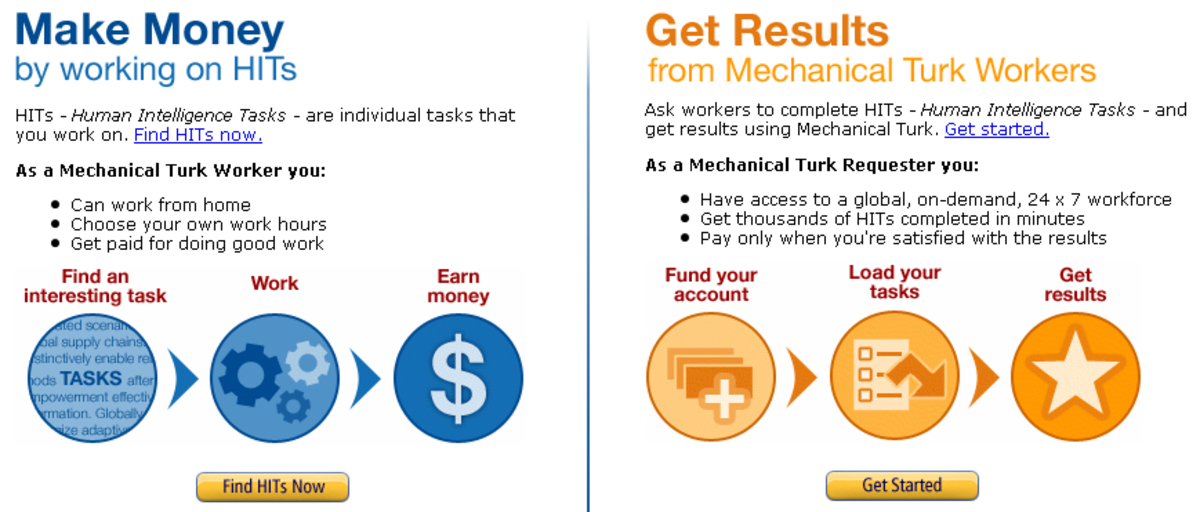Mortgage Pre-Approval vs. Pre-Qualification?
Pre-Approval vs Pre-Qualification

How much house you can afford?
The first thing you do when you are looking for a home is to find out home much you can get as a loan. The mortgage lender is the one that decides how much you can afford. You might be surprised when they tell you what that number is. Either way, before you even starting looking at homes, you should have an idea of what that number is. One of the first things any agent will ask is how much you are approved for and if you can email it to them.
Pre-Qualification
A Pre-Qualification is an evaluation of the creditworthiness of the borrower. What does this mean? It depends. It can be the bank or the lender that decides how far in depth that they look. It can be a quick credit check and some questions about your income and bills and what type of property you are thinking of purchasing. Either way, they will give you a letter that says that your are Pre-Qualified to borrow a certain amount of money for a house.
Pre-Approval
A pre-approval letter is a statement from your lender that you are pre-approved for a specific mortgage, meaning they say that you can borrow a certain amount of money at a certain interest rate. When you ask a lender specifically for a pre-approval letter, they will ask you for a list of items depending on where you go. Most often this list will include requests such as your last few pay stubs, your bank statements for a certain amount of time, your tax records from the last few years and debts and bills that you are currently paying. They will also run your credit report and go into your record in detail. Many lenders will even give you information on the process and let you know to be careful with your spending for the period of time you are looking for a home.
This process takes longer that a pre-qualification but in the end you will recieve a similar piece of paper that will tell you how much you are pre-approved for and at what terms as long as certain conditions are met.
What is the difference? Why the big deal?
So it seems like the two are very similar. The problem is that the small differences can cause some large problems. When I see a pre-qualification letter from a client, I will usually let them know that is a snapshot of their finances and that they should try to consider that as a very rough estimate. I usually will then ask them, depending on the situation, to try to obtain a pre-approval letter from their lender. That way I know that the lender has taken a good look and knows what they can afford.
When agents receive multiple offers on a home, a pre-qualification letter attached to an offer instead of a pre-approval can put you in second place. The sellers might wonder if you will actually be able to borrow that amount.
You might have told the lender that you made 50k a year (take home pay) for the last three years. What happens if half of that was a cash gig that you were not reporting. Or if you recently switched jobs and a large portion of your new income is overtime? These are questions that are easily found with a pre-approval because they see your bank statements and your tax records. They also will catch bills that you forget about and they will notice a bill every month that you have paid. A pre-qualification can miss many issues that might not come up until have an offer is accepted. When this happens and the loan amount is adjusted, you might find out the hard way that you can might be able to afford much less house.
Next Steps
Find a lender that can get you a pre-approval letter. Some lenders will ask you a few questions and run a credit report and will send you a pre-qualification letter anyway. Many banks do not spend the time to do a pre-approval so they only do pre-qualifications. This will work in a pinch but according to who you ask, they might not be worth the paper they are printed on.
If you need help finding a lender you can always ask your agent for recommendations.







